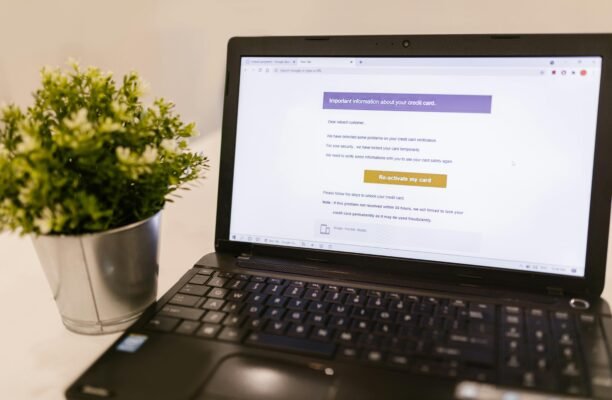In today’s digital world, one of the most basic yet crucial aspects of internet safety is having a strong password. With increasing threats to personal data and online accounts, students must understand the importance of choosing secure passwords to protect themselves from cyberattacks. Weak passwords are often the first target of hackers, and students who use simple or easily guessable passwords are at a significantly higher risk of having their accounts compromised.
Why Are Strong Passwords Important?Strong passwords serve as the first line of defence in protecting online accounts. Whether it’s email, social media, gaming platforms, or even academic portals, all of these require passwords to ensure that only the rightful user can access the information. A weak password, such as “123456” or “password”, is extremely vulnerable to attacks, as these are some of the most commonly used passwords, and hackers often use automated tools to try thousands of combinations quickly. Once hackers gain access to one account, they may use the same password across other accounts, leading to a cascade of breaches. This highlights the need for robust and unique passwords for each account. What Makes a Password Strong?A strong password is one that is difficult for both humans and machines to guess. It should be at least 12 characters long and should include a mix of upper and lowercase letters, numbers, and special characters (like #, $, %, etc.). The longer and more complex the password, the more challenging it becomes for attackers to crack it. Here are some key components that make a password strong:
Tips for Creating Strong Passwords
How Password Managers Can HelpWith so many accounts requiring passwords, it’s easy to become overwhelmed and use weak or repeated passwords for convenience. This is where password managers come in. These tools securely store your passwords in an encrypted vault and can generate strong, random passwords for each account. This means you don’t have to remember each password, and you can use complex, secure passwords for all your accounts. Popular password managers like LastPass, Dashlane, and Bitwarden also provide extra features like two-factor authentication (2FA), further boosting the security of your online accounts. The Importance of Two-Factor Authentication (2FA)Two-factor authentication (2FA) adds an extra layer of security to your online accounts. Even if a hacker manages to obtain your password, they will still need access to a second form of identification (such as a code sent to your mobile phone) to gain entry. This greatly reduces the risk of unauthorised access. Many online platforms, including Google, Facebook, and email providers, offer 2FA. It’s highly recommended for students to enable this extra level of security on all accounts. ConclusionSetting strong, unique passwords is one of the easiest and most effective ways to protect your online accounts. By following best practices for creating secure passwords and using password managers, students can ensure their personal data remains safe. Passwords may seem like a small detail, but they are the first line of defence against cyber threats. Taking the time to create secure passwords and enabling additional security features like 2FA can go a long way in keeping students safe from cyber-attacks.
|





Leave your comment